Japanese cinema has undergone many deep changes during its evolution, especially throughout the years following the dreadful earthquake of 2011. This terrible event has left great marks that can be recognized in a new way of thinking. This new type of mindset affects Japanese cinema, which is beginning to take on a minimal and introspective nature, and focuses more on the everyday life, showing what has broken down in the relationships between individuals, institutions and society. A new cinema that wants to penetrate the recesses of the collective unconsciousness. This new way of making cinema is being mastered by directors who are emerging in this atmosphere and taking full control of it.
One of them is Kōji Fukada, winner of the jury prize Un certain regard in 2016 thanks to his film Harmonium, at the Venice Film Festival. He has an original and intense personality, characterized by a great passion for diversity, in whatever form it occurs. His cinema dies and is constantly reborn and it stages a persistent redefinition of characters and destinies.
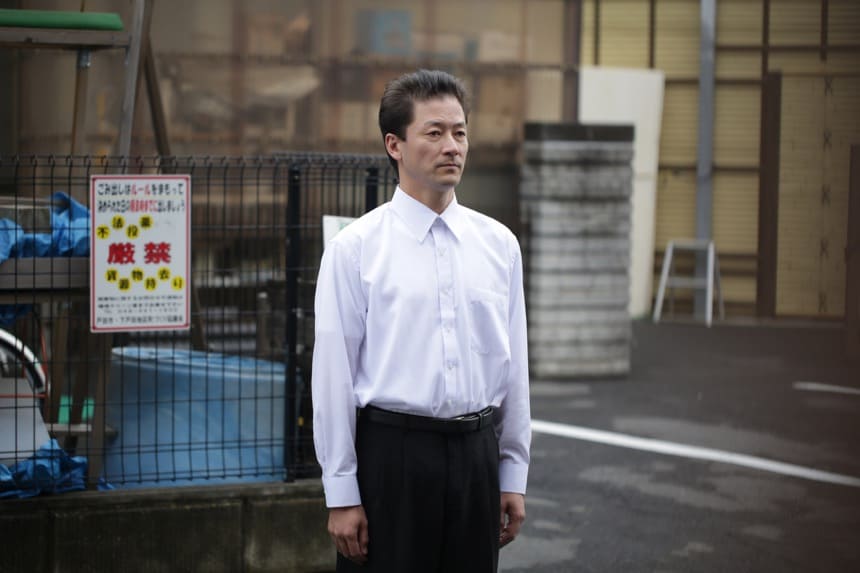
Fukada loves to stage chaos through his characters who quiver with violence to sweetness and have as their aim to get to their own inner bloom; what unites them is the general restlessness towards life. The main character goes through a journey of gradual awakening, almost always supported by another character that brings the main one towards his total freedom. At a careless glance, his cinema appears as quiet and meditative, but then it reveals an unknown face and shows a double reversal of himself: the breaking of the delicate bonds intervenes and the main characters become free and they come to life.
The Japanese spirit of ancient times and the irrational individualism of the 1960s are brought together in Fukada’s cinema. The style is unique because it utilizes shots that pay attention to the significant placement of the characters in space.
Yūya Ishii, who is known for his successful film The Great Passage, is among the directors who have made it in Japanese cinema in the last decade. Winner of the award for best director at the Japanese Academy Awards thanks to his aforementioned film, Ishii begins to work in this field in his twenties. His first films are linked to everyday stories of some young people and the economic difficulties they face.
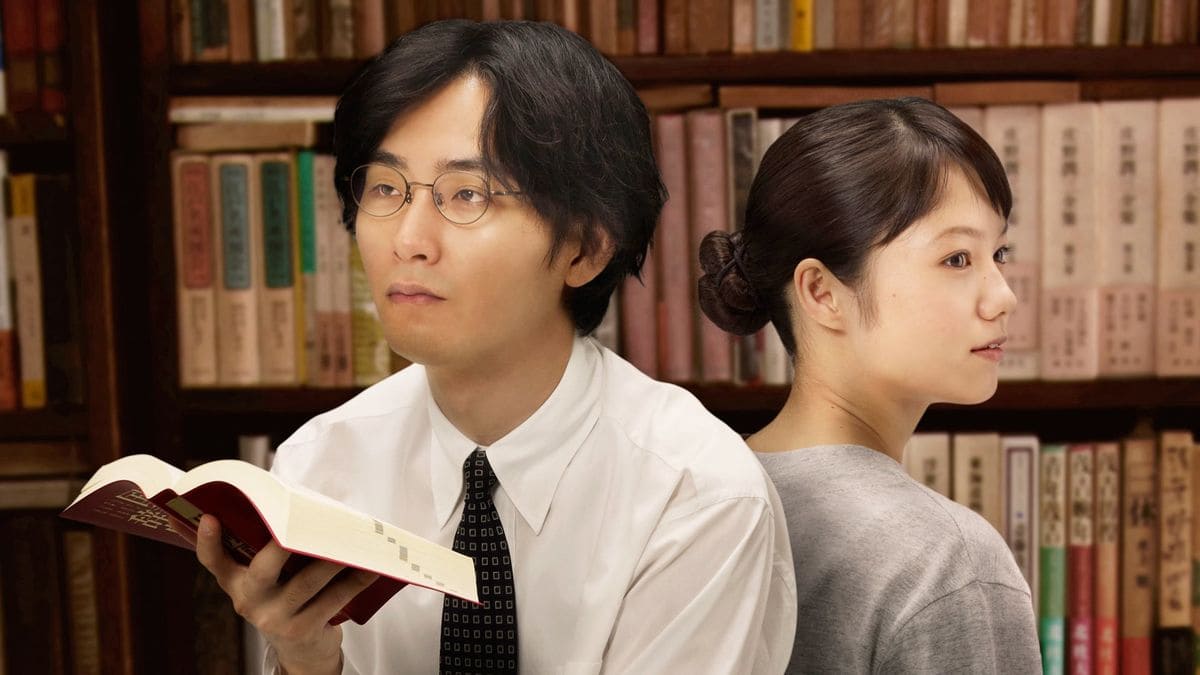
All this then opens to surreal moments that fall into comedy; his style can be defined as “lunatic”. In more recent times, the director’s favorite themes have been family and its implosion.
Nobuhiro Yamashita is equally significant, he employs a very personal style that is marked by cathartic conclusions. Bizarre characters and minimalist style are the common features found in much of the author’s cinema. His basic idea is to observe and recount individuals when life confronts them with possible changes. Over the fence is one of his most known film and it’s representative of its style and themes.
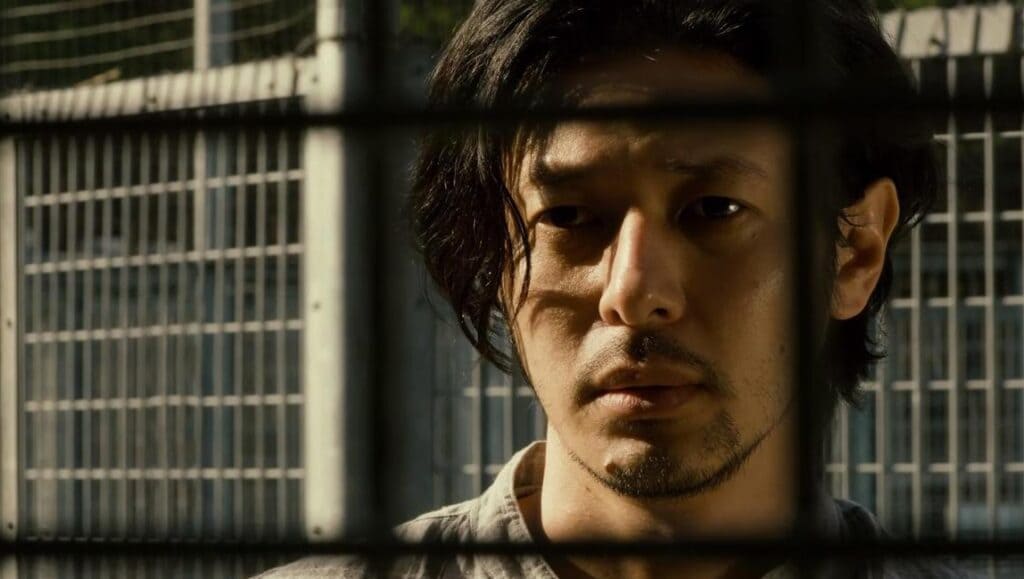
Daigo Matsui, a young director who has established himself in recent years, strives to portray difficulties in a manner that does not cause negative experiences. Telling stories about high school life is one of his passions due to his fascination with working with personalities that are still developing, and he loves receiving varied responses from audiences as a result.
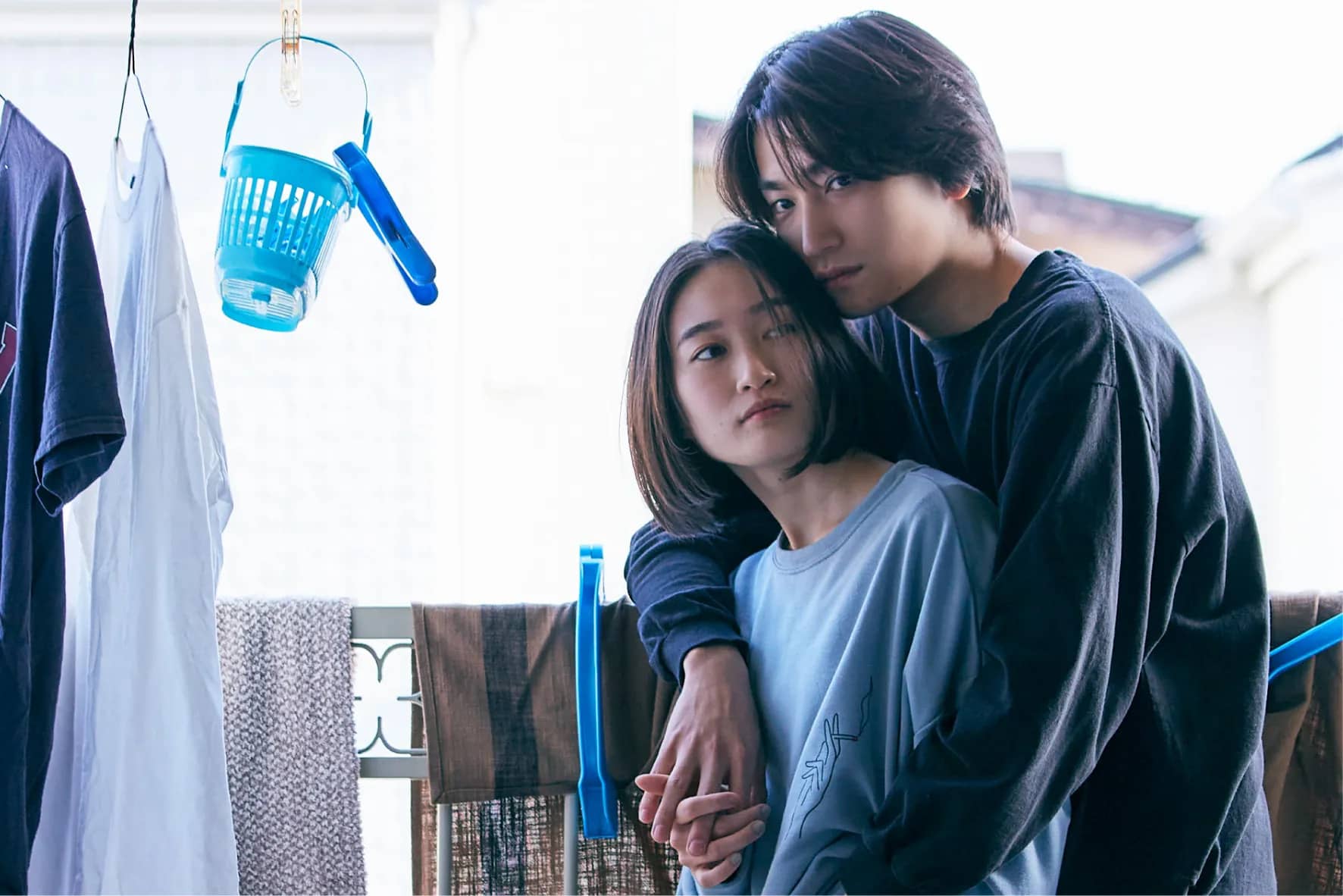
In Japan, there is a large discrepancy between large productions and low budget productions, which are often neglected. Yuki Tanada, a Japanese director and screenwriter, talks about this difficulty. At the beginning of her career she encountered various problems with the promotion and diffusion of her low budget films. In her films, the director aims to redefine the role of gender and the space for women in cinema by exploring different genres while focusing on stories of women struggling against economic inequality.


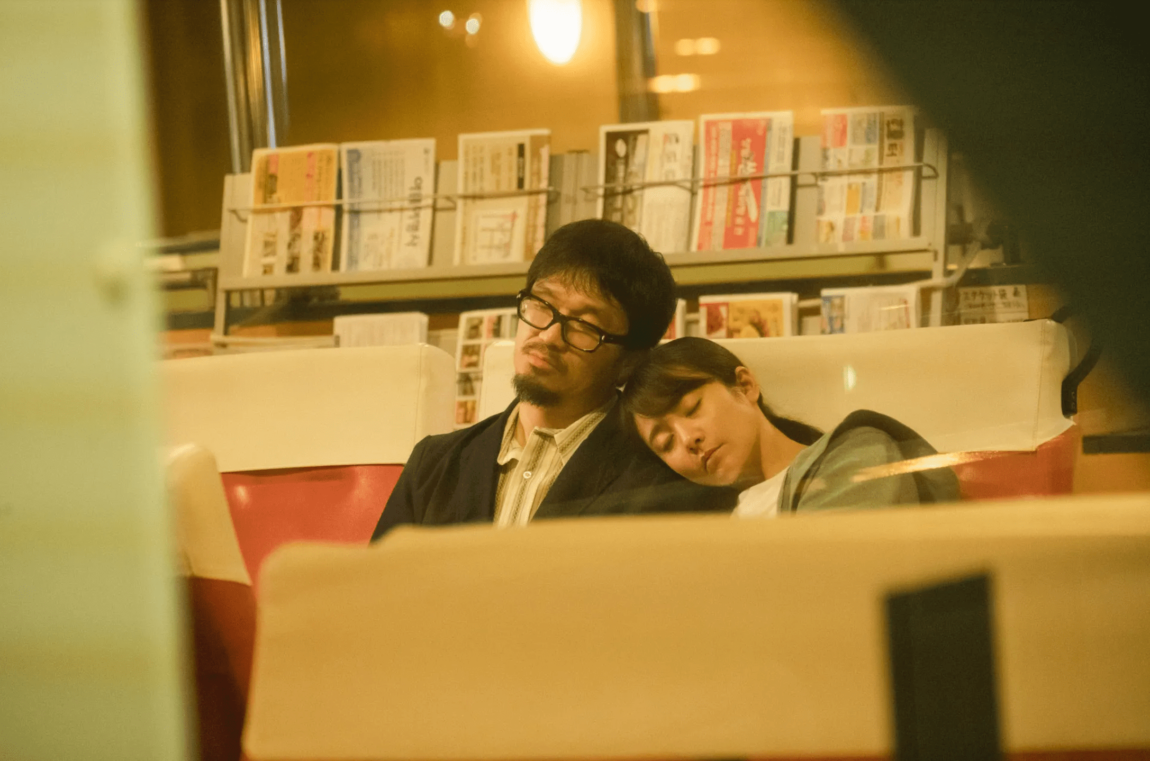



Comments are off this post!